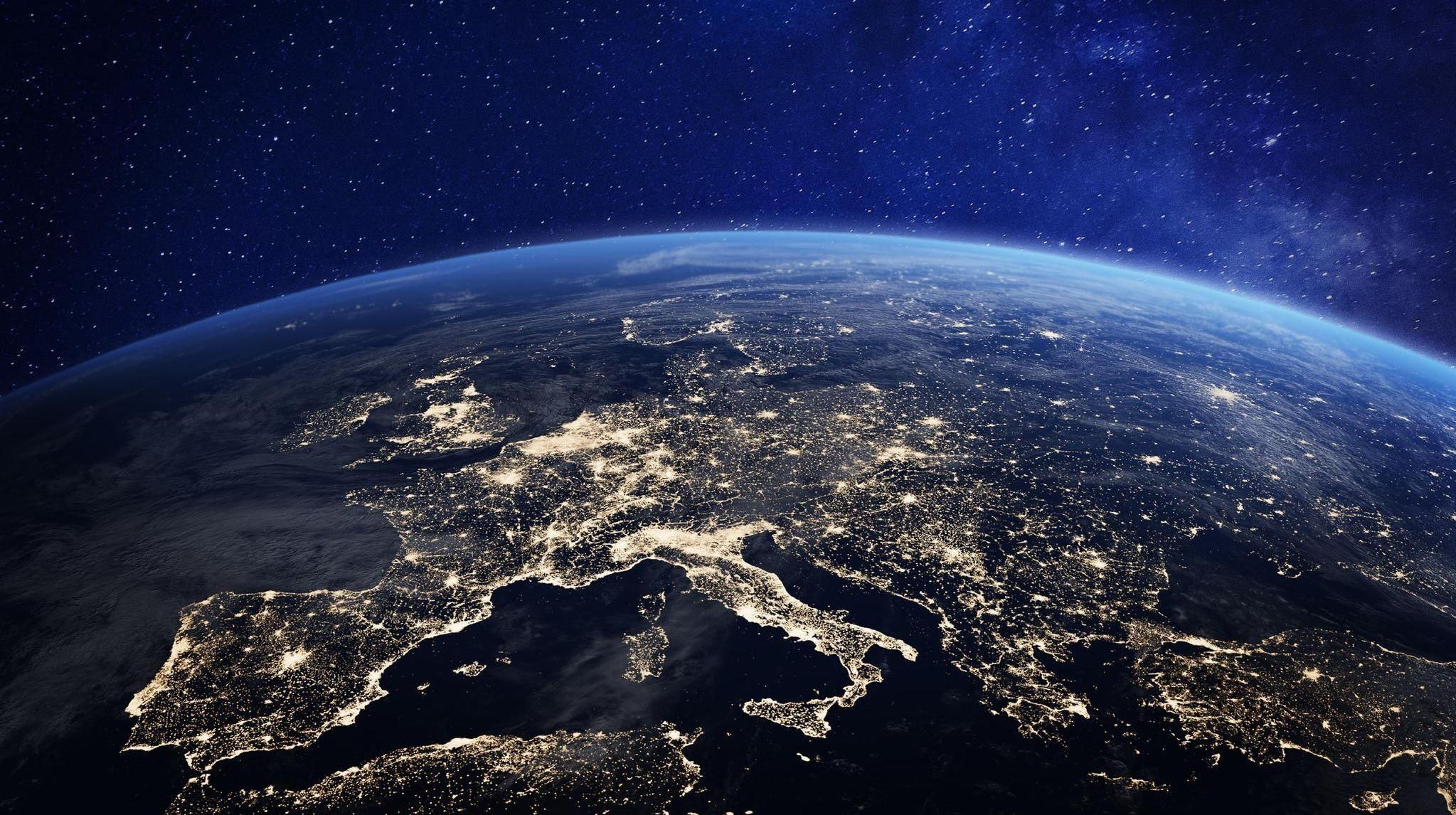Mitsubishi Power’s Akihiro Ondo on gas in Asia’s future energy mix
)
(Akihiro Ondo)
To learn more about the potential role of gas in Asia’s evolving power generation landscape, Pamela Largue gained exclusive insights from Akihiro Ondo, managing director & CEO of Mitsubishi Power Asia Pacific.
Asia is home to a growing population, growing electrification and 83% of the world’s coal generation. Coal’s availability and low cost make it the generation source of choice to supply the baseload power needed to meet increasing electricity demand.
And according to Ember, Asia is experiencing faster electricity demand growth than any other region, at about 5% per year.
So, how can the region meet this growing electricity demand while continuing to decarbonise supply? According to Ondo, gas will have an important role to play, although there are challenges to be overcome.
Give us a snapshot of Asia’s decarbonisation journey
Across Asia, thermal assets historically formed the backbone of energy infrastructure. Today, coal remains widely used as fuel for baseload power generation in many Asian countries, largely due to its cost advantage, abundant local supply (for instance, in Indonesia) as well as long-term contracts.
Decarbonising the operations of these existing assets is a critical challenge, with progress already made in technologies to enhance fuel efficiency and enable co-firing with less-carbon intensive fuels such as biomass and ammonia.
At the same time, use of natural gas is increasing, and it is already the dominant fuel for power generation in Singapore and Thailand. The International Energy Agency estimates that the Asia Pacific region would account for nearly 45% of the global increase in gas demand.
How important is gas as a transition fuel?
Natural gas is a key transition fuel able to deliver electricity at scale while at the same time allowing systems for renewable power generation to mature and become more commercially viable.
Natural gas usage also enables immediate decarbonisation of power generation systems vis-à-vis coal.
For example, operating our JAC gas turbines can reduce CO₂ emissions by up to 65% compared to aged coal-fired thermal power plants.
Gas turbines also can enable the introduction of cleaner fuels through co-firing without major technical modifications.
In June 2025, Mitsubishi Power, in tandem with Georgia Power Company, completed the world’s largest demonstration of hydrogen co-firing on an advanced-class gas turbine. The demonstration project is the first to validate 50% hydrogen fuel blending on an advanced-class gas turbine, which can provide an approximately 22% reduction in CO2 emissions compared to 100% natural gas.
We are now working towards successful validation of 100% hydrogen firing in an advanced-class gas turbine by 2030.
Learn more from Akihiro Ondo at Enlit Asia, 9-11 September in Bangkok, Thailand, as he shares his insights in a topical panel discussion: Navigating thermal transition – Balancing cost, opportunities and challenges in decarbonising power generation
What challenges are facing decarbonisation?
Successfully evolving Asia’s power systems to address current and emerging needs requires a confluence of several factors, including conducive regulation, ample financing and more interconnected, stable grid infrastructure.
At Mitsubishi Power, our focus is on developing relevant technological solutions to maintain reliable supply of clean electricity. For example, our J-Series Air-Cooled gas turbines – of which ten have been installed in three power plants in Thailand over the last five years – operate industry-leading efficiency of 64% in combined cycle.
What opportunities are unique to the region?
Asia is an important testbed for the implementation of critical power generation technologies. There are also efforts to integrate electricity markets across borders, with initiatives like the ASEAN Power Grid aiming to enable energy sharing across countries with different peak loads and generation profiles.
In terms of hydrogen power generation, pilots are in development throughout the region.
In 2023, Mitsubishi Power began full-scale operations at the Takasago Hydrogen Park in Japan – the world’s first integrated validation facility covering hydrogen production, storage, and utilisation. The park houses T-Point 2, a combined cycle power plant validation facility featuring a grid-connected JAC gas turbine, where rigorous testing is carried out under real-world conditions.
In Singapore, we are working on projects with major local entities Keppel, Sembcorp and Meranti Power to develop hydrogen-ready power plants.
We are also providing an F-Series gas turbine capable of running with up to 30% hydrogen blend to PETROS’ 500MW CCGT Power Plant currently in development in Miri, Sarawak, Malaysia.
Original source: https://www.enlit.world/decarbonisation/mitsubishi-powers-akihiro-ondo-on-gas-in-asias-future-energy-mix/



)
)
)
)
)
)
)
)
)
)
)
)
)
)
)
)
)
)
)
)
)
)

)
)
)